Aquaponic System
- Delivered today (order Mon-Fri before 12:00, delivery between 17:00 and 22:00)
- Including shipping costs shown at checkout.
- 30 days to change your mind full refund and free returns
- Day and night customer service
Description
The Aquaponic System is a self-sustaining hydroponic station that combines fish culture with plant production into a single, beneficial ecosystem. The Aquaponic System works by using fish waste as a natural fertilizer for the plants, and the plants, in turn, help create clean water for the fish to live in.
This mutually beneficial system includes a 4′ x 8′ hydroponic growing bed, a 200 gallon fish tank, hydroponic media, and an energy efficient, UL-listed air pump. The Aquaponic System is great for growing kitchen herbs, lettuce and other greens, or as a teaching tool in the classroom.




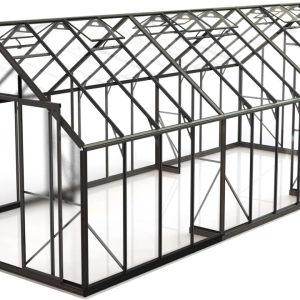
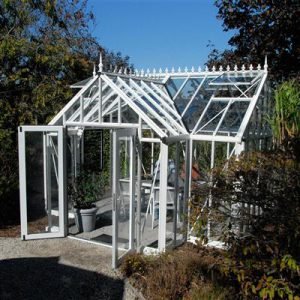

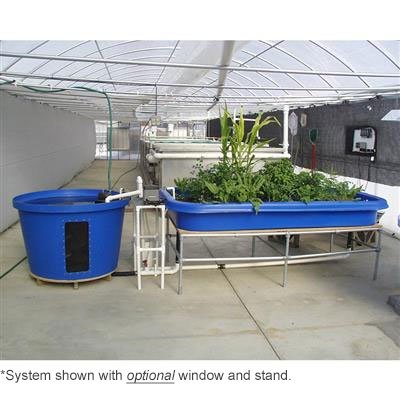
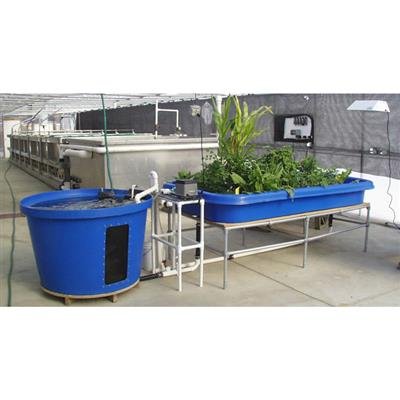
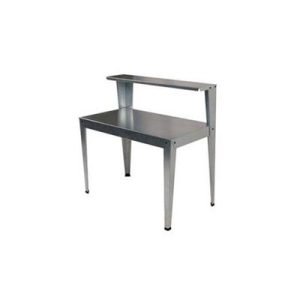

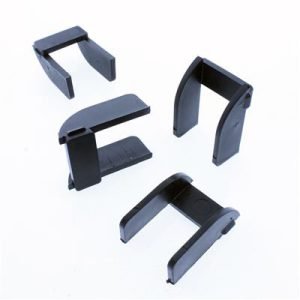
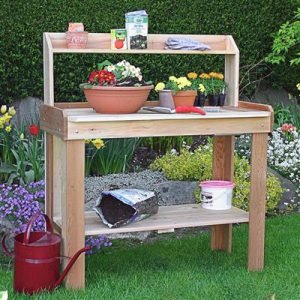
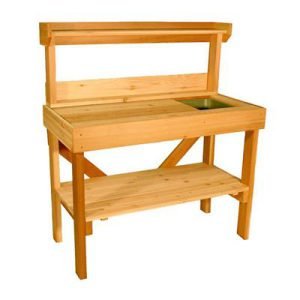
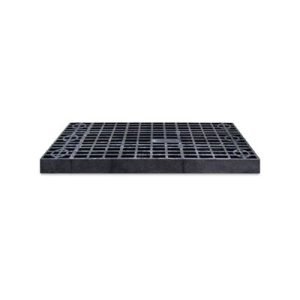

Reviews
There are no reviews yet.